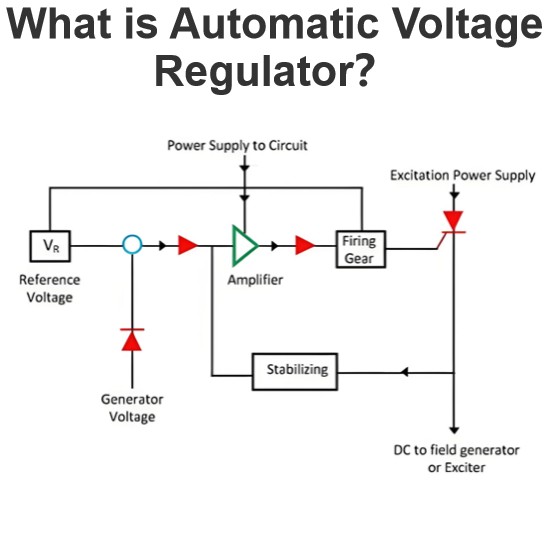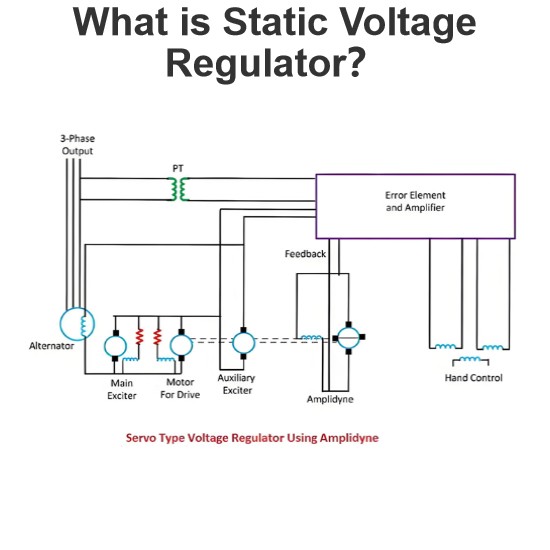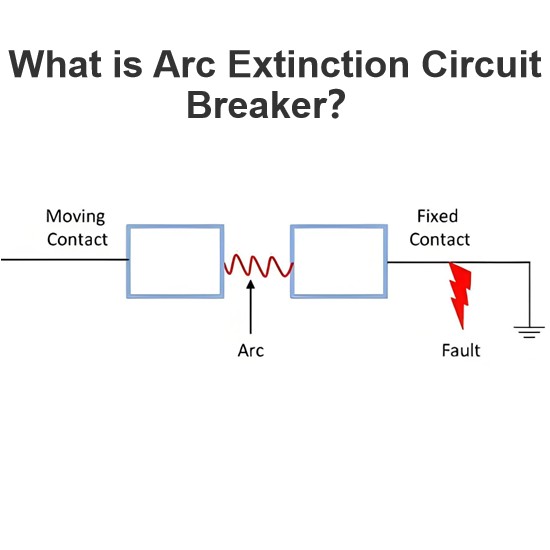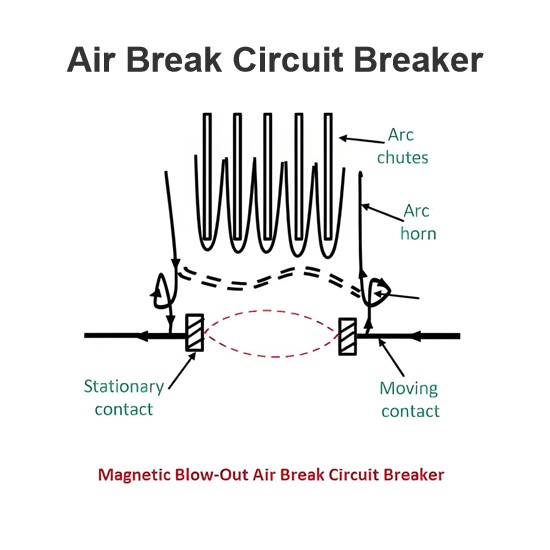How Voltage variations can cause errors in induction type energy meter?
How Voltage Variations Cause Errors in Induction Type Energy Meters
Voltage variations can lead to errors in induction type energy meters because the accuracy of these meters depends on precise measurements of both voltage and current. Here are the main reasons and mechanisms by which voltage variations cause errors in induction type energy meters:
1. Voltage Sensitivity
Impact on Current Measurement: Induction type energy meters measure energy consumption by measuring both voltage and current. Variations in voltage can affect the accuracy of current measurements. For example, a decrease in voltage might cause the measured current to be higher or lower, thereby affecting the meter reading.
Impact on Power Factor: Voltage variations can also affect the power factor of the circuit. Changes in the power factor directly impact the meter's measurement results, as the meter needs to accurately measure active power (actual energy consumed) and apparent power (total energy).
2. Voltage Compensation Mechanism
Compensation Error: Many induction type energy meters have built-in voltage compensation mechanisms to reduce the impact of voltage variations on measurement results. However, these compensation mechanisms can have errors, especially under significant voltage variations.
Limited Compensation Range: Compensation mechanisms typically have a certain operational range. Voltage variations outside this range can cause the compensation to fail, introducing errors.
3. Flux Density Variation
Relationship Between Flux Density and Voltage: Induction type energy meters work based on the principle of electromagnetic induction, where flux density is closely related to voltage. Voltage variations can lead to changes in flux density, which in turn affects the meter's measurement accuracy.
Non-linear Effects: Changes in flux density can cause non-linear effects, increasing the measurement error of the energy meter.
4. Temperature Influence
Impact of Temperature on Voltage: Temperature variations can affect the resistance and inductance in the circuit, indirectly impacting voltage. Temperature-induced voltage variations can lead to measurement errors in the energy meter.
Temperature Compensation: Although some energy meters have temperature compensation features, these mechanisms may not be precise enough, especially under extreme temperature conditions.
5. Aging of Circuit Components
Impact of Aging on Voltage Measurement: Over time, the components in the energy meter may age, leading to a decrease in the accuracy of voltage measurements. Voltage variations can exacerbate these measurement errors.
Calibration Errors: Regular calibration can reduce errors caused by aging, but the calibration process itself can introduce new errors.
6. Harmonics and Non-sinusoidal Waveforms
Impact of Harmonics: Harmonic components in the power grid can cause distortion in the voltage waveform. Non-sinusoidal voltage variations can affect the accuracy of energy meters, especially those designed based on sinusoidal wave assumptions.
Measurement Errors with Non-sinusoidal Waveforms: Energy meters may not accurately measure non-sinusoidal voltages and currents, leading to errors in energy calculations.
Summary
Voltage variations can cause errors in induction type energy meters through various mechanisms, including voltage sensitivity, limitations of voltage compensation mechanisms, changes in flux density, temperature influence, aging of circuit components, and the presence of harmonics and non-sinusoidal waveforms. To reduce these errors, the following measures can be taken:
Regular Calibration: Regularly calibrate the energy meter to ensure its measurement accuracy.
High-Quality Components: Use high-quality circuit components to reduce errors caused by aging.
Temperature Compensation: Implement effective temperature compensation mechanisms to reduce the impact of temperature variations.
Harmonic Filtering: Use harmonic filters to reduce the impact of harmonics on the voltage waveform.
By implementing these measures, the measurement accuracy of induction type energy meters can be effectively improved under conditions of voltage variation.
The Electricity Encyclopedia is dedicated to accelerating the dissemination and application of electricity knowledge and adding impetus to the development and innovation of the electricity industry.













